17 Best Home Remedies To Get Relief From Dry Mouth
As we know by now, a dry mouth can be very disturbing in the long run. However, following some easy home remedies may help to treat and prevent the recurrence of dry mouth and its symptoms (4).1. Ginger
You Will Need
- 1 inch of ginger
- 1 cup of water
- Honey
What You Have To Do
- Take a small piece of fresh ginger and cut it into small pieces.
- Add this to a cup of water and bring it to a boil.
- Strain the ginger tea and add some honey to taste. Consume immediately.
- Alternatively, you can also chew on a piece of ginger throughout the day.
How Often You Should Do This
Drink ginger tea 2 to 3 times a day for best results.Why This Works
Ginger has many medicinal benefits associated with it (5). This is due to the presence of a bioactive compound called gingerol. Other than this, ginger is also known to stimulate saliva. This can help in keeping your mouth fresh for a long period.2. Green Tea
You Will Need
- 1 teaspoon of green tea leaves
- 1 cup of water
- Honey (optional)
What You Have To Do
- Take some green tea leaves and boil in a cup of water.
- Strain the tea and add honey to taste. Consume immediately.
How Often You Should Do This
Drink green tea 2 to 3 times a day for optimum benefits,Why This Works
Green tea, like ginger tea, is also one of the best herbs to treat dry mouth. It is well known for its antibacterial properties and can prevent the formation of cavities in your mouth. In addition, green tea is also known to stimulate the flow of saliva (6).3. Aloe Vera Juice
You Will Need
- ¼ cup of aloe vera juice/aloe vera gel
- Cotton pads
What You Have To Do
- Consume aloe vera juice or rinse your mouth with it.
- Alternatively, take some aloe vera gel on a cotton pad and apply it evenly inside your mouth.
- Leave this on for a few minutes and rinse your mouth thoroughly with water.
How Often You Should Do This
You can consume aloe vera juice once daily. In case you are applying the gel, you must do it 2 to 3 times a day.Why This Works
Aloe vera has infinite benefits when it comes to beauty and health (7). It can trigger the functioning of the salivary glands and increase the production of saliva in your mouth (8).4. Fennel
You Will Need
1 teaspoon of fennel seedsWhat You Have To Do
Take some fennel seeds and chew on them after every meal.How Often You Should Do This
Do this daily.Why This Works
Fennel seeds are rich in a group of plant metabolites called flavonoids. Flavonoids help in stimulating the production of saliva and keeping your mouth clean. The aromatic nature of fennel seeds helps in keeping bad breath at bay while keeping your mouth fresh for a long period (9).5. Aniseeds
You Will Need
- 1 teaspoon of aniseeds
- 1 teaspoon of fennel seeds (optional)
What You Have To Do
- Take some aniseeds and munch on them after every meal.
- Alternatively, you can also mix aniseeds with fennel seeds for added flavor.
How Often You Should Do This
Do this after every meal.Why This Works
Aniseed, scientifically referred to as Pimpinella anisum, is another herb with many medicinal properties (10). It is often used as an appetite stimulant. It is licorice-flavored and helps fight bad breath and dry mouth.6. Rosemary
You Will Need
- 10-12 rosemary leaves
- 1 glass of water
What You Have To Do
- Take about 10-12 leaves of rosemary in a glass of water and allow them to soak overnight.
- Use this water to rinse your mouth in the morning.
How Often You Should Do This
Do this every morning.Why This Works
Rosemary has a wonderful aroma like fennel seeds. It is known for its antiseptic and soothing properties, which can be beneficial in treating dry mouth and its symptoms (11).7. Celery
You Will Need
2-3 celery sticksWhat You Have To Do
Cut some celery sticks and chew on them throughout the day.How Often You Should Do This
Do this daily for optimum results.Why This Works
Celery is a vegetable that has numerous health benefits. It is rich in vitamin C and also contains many beneficial enzymes and flavonoids (12), (13). The water retaining capacity of celery is especially helpful in keeping your mouth moist as well as increasing the production of saliva.8. Parsley
You Will Need
A handful of parsley leavesWhat You Have To Do
Take some parsley leaves and chew on them.How Often You Should Do This
Do this on a daily basis after every meal.Why This Works
Parsley is another edible herb that is known to be rich in vitamins A and C, calcium, and iron. It is a natural mouth freshener and can keep bad breath at bay while also treating dry mouth and the associated symptoms (14). It also has antibacterial properties, which can be used to keep your mouth clean (15).9. Oil Pulling
Oil pulling has been in use since ages to maintain oral hygiene (16), (17).1. Olive Oil
You Will Need
1 teaspoon of olive oil (extra virgin)What You Have To Do
- Swish olive oil in your mouth for 10 to 15 minutes
- Spit it out and brush your teeth as usual.
How Often You Should Do This
Follow this regimen once every morning.Why This Works
Olive oil has anti-inflammatory and antioxidant properties. This is mainly due to the presence of a compound called oleocanthal. The cleansing effect of olive oil can keep your mouth moist and also treat the symptoms of dry mouth (18).2. Coconut Oil
You Will Need
1 teaspoon of coconut oil (extra virgin)What You Have To Do
- Swish coconut oil in your mouth for about 10 to 15 minutes.
- Spit the oil out and brush your teeth as usual.
How Often You Should Do This
Do this once every morning.Why This Works
Like olive oil, coconut oil also helps in keeping your mouth moist. It acts as a natural moisturizer and can thus help to combat dry mouth and its symptoms (19).10. Fish Oil
You Will Need
An omega-3 rich diet or fish oil supplementsWhat You Have To Do
- Include omega-3 rich foods like salmon and tuna in your diet.
- Alternatively, consume about 500 mg of fish oil supplements.
How Often You Should Do This
Do this twice daily for best results.Why This Works
Fish oil is rich in omega-3 fatty acids that are known to decrease inflammation. Studies have proven that the intake of fish oil increases the production of saliva. Thus, fish oil can also be used to treat dry mouth and its symptoms (20).11. Essential Oils
Essential oils are well known for their natural medicinal properties and healing effects (21). Some of the essential oils are also known to help with dry mouth and its symptoms. They are listed below:1. Peppermint Essential Oil
You Will Need
2 drops of peppermint essential oilWhat You Have To Do
- Pour two drops of peppermint essential oil on your tongue.
- Spread the oil to your entire mouth with your tongue.
How Often You Should Do This
Do this for a week, before every meal.Why This Works
Peppermint oil, scientifically referred to as Mentha piperita, can be used to stimulate the salivary glands to produce more saliva. It also exhibits protective effects (22). The presence of a compound called 1, 8 cineole in peppermint oil helps in the acceleration of mucus secretion in the mouth.2. Spearmint Essential Oil
You Will Need
1 to 2 drops of spearmint essential oilWhat You Have To Do
- Take about one to two drops of spearmint oil on your toothbrush.
- Gently brush your entire mouth with it.
How Often You Should Do This
Use this as a mouthwash after every meal.Why This Works
Spearmint oil is one of the main ingredients used in many toothpastes and mouthwashes. It comes from the same family as peppermint. Spearmint can help treat bad breath and dry mouth with its antibacterial and cleansing properties (23).3. Clove Essential Oil
You Will Need
2 drops of clove essential oilWhat You Have To Do
- Pour two drops of clove oil on your tongue.
- With the help of your tongue, spread the clove essential oil to the rest of your mouth.
How Often You Should Do This
Do this daily after every meal.Why This Works
Clove oil contains beneficial oils such as eugenol. Eugenol is an aromatic compound and is also known for its anesthetic and antiseptic properties. These properties of clove oil help in treating dry mouth and its symptoms (24).4. Eucalyptus Essential Oil
You Will Need
2 drops of eucalyptus essential oilWhat You Have To Do
- Take two drops of eucalyptus essential oil on your finger or toothbrush.
- Rub this gently over your entire mouth.
How Often You Should Do This
Follow this regimen daily, after every meal.Why This Works
Similar to peppermint oil, eucalyptus essential oil also has menthol in its constitution. The aromatic nature of eucalyptus essential oil, along with its antibacterial properties, helps in treating bad breath and dry mouth (25).12. Apple Cider Vinegar
You Will Need
- 1 teaspoon of apple cider vinegar
- 1 glass of water
What You Have To Do
Add ACV to a glass of water and mix well. Sip on it throughout the day.How Often You Should Do This
Follow this remedy daily.Why This Works
Acetic acid is one of the main components of apple cider vinegar (ACV). ACV is well known for its antibacterial and antioxidant properties (26). It is often used to treat diabetes and is an effective remedy for treating dry mouth.13. Vaseline
You Will Need
VaselineWhat You Have To Do
Apply a thin layer of Vaseline on the gums.How Often You Should Do This
Do this daily before you go to bed.Why This Works
Vaseline is mainly made up of petroleum jelly (petrolatum). It is used for faster healing of wounds and sealing in moisture (27). Vaseline can thus help in treating dry mouth, especially at night.14. Yogurt
You Will Need
A bowl of yogurtWhat You Have To Do
Have yogurt daily to create a thin layer over the mucosa in your mouth.How Often You Should Do This
Do this 2-3 times daily.Why This Works
Yogurt is rich in several nutrients and minerals. It also has moisturizing and anti-inflammatory properties similar to Vaseline, which can help in treating dry mouth and its symptoms (28).15. Iron
You Will Need
Iron capsulesWhat You Have To Do
- Individuals above 50 years should consume about 8 mg of iron supplement per day.
- Those within 18 to 50 years can consume capsules containing 18 mg iron per day.
How Often You Should Do This
Consume this supplement daily.Why This Works
Your body needs adequate iron to function and maintain your overall health. Dry mouth is one of the most common and recurrent symptoms of iron deficiency and can be treated by increasing your iron intake (29).16. Cayenne Pepper
You Will Need
A pinch of ground cayenne pepperWhat You Have To Do
Take ground cayenne pepper on your wet finger and rub it all over your tongue.How Often You Should Do This
Do this 2 to 3 times a day.Why This Works
Cayenne pepper, scientifically called Capsicum annuum ‘Cayenne’, is quite popular for its digestive and detoxifying properties (30). It is also known for its anti-inflammatory properties, which can be useful in treating the symptoms of dry mouth.17. Slippery Elm
You Will Need
- ½ teaspoon of slippery elm bark powder
- Water
What You Have To Do
- Mix slippery elm bark powder with a few drops of water and gently rub the paste inside your mouth. Then, rinse your mouth.
- Alternatively, you can also consume slippery bark tea.
How Often You Should Do This
You can apply the paste every morning or consume this tea 2 to 3 times daily.Why This Works
Slippery elm is a small tree with healing properties. The bark of this tree is often used for its medicinal properties. It contains mucilage that coats the stomach and soothes the stomach, throat, mouth, and intestines. Hence, it can help with digestion and inflammation (31). It can also treat dry mouth and its symptoms with its anti-inflammatory and antioxidant properties.You can easily try these home remedies for dry mouth relief as most of the ingredients required are available in your kitchen. Once you see a positive change in your condition, you can also follow the preventive tips mentioned below to avoid the recurrence of dry mouth.
Preventive Tips
- Limit your intake of caffeine.
- Chew on sugar-free gums or suck on sugar-free candies.
- Avoid use of mouthwashes that contain alcohol.
- Quit smoking.
- Keep yourself well hydrated.
- Try using moisturizing sprays and gels that are available over-the-counter. These can act as saliva substitutes.
- Use mouthwashes especially formulated to combat dry mouth.
- Avoid use of medications that can be a potential cause of dry mouth.
- Avoid breathing through your mouth. Instead, practice breathing through your nose, especially at night.
- Use a room humidifier at night. This keeps the air around you moisturized.
- Avoid sugary and fizzy drinks.
- Start using fluoride toothpastes.
- Have a protein-rich diet . Also, include more of soups and broth in your diet.
- Avoid consuming dry foods like bread, pastries, and crackers.
Source Click here
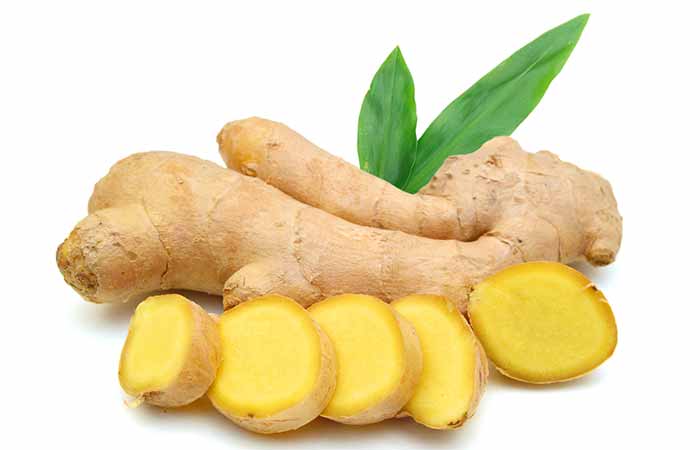

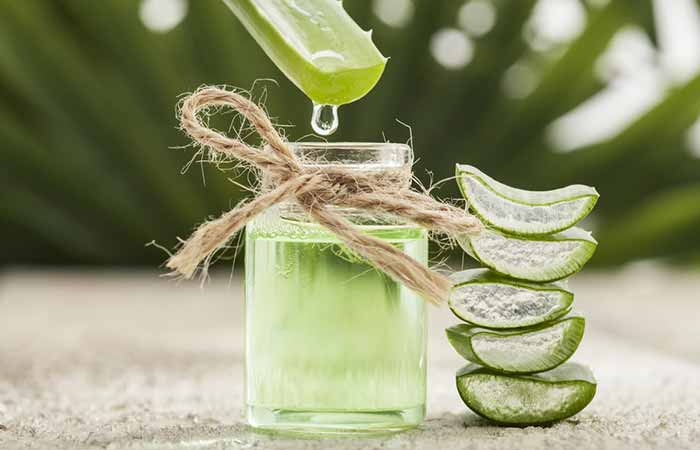
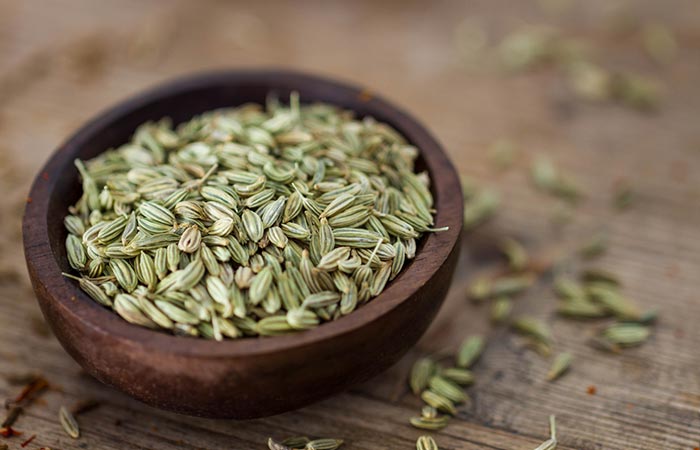
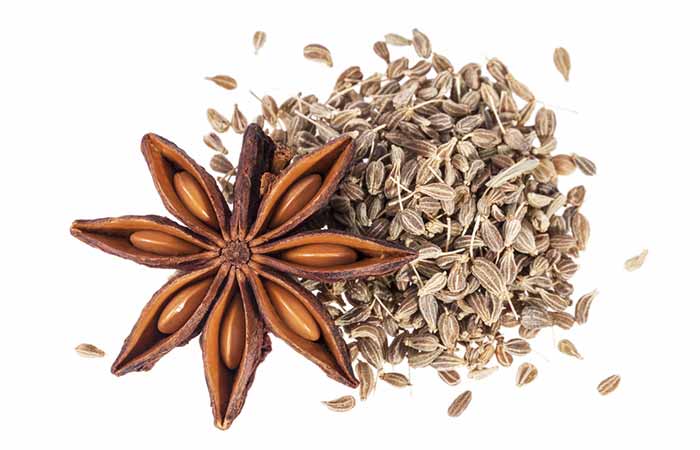

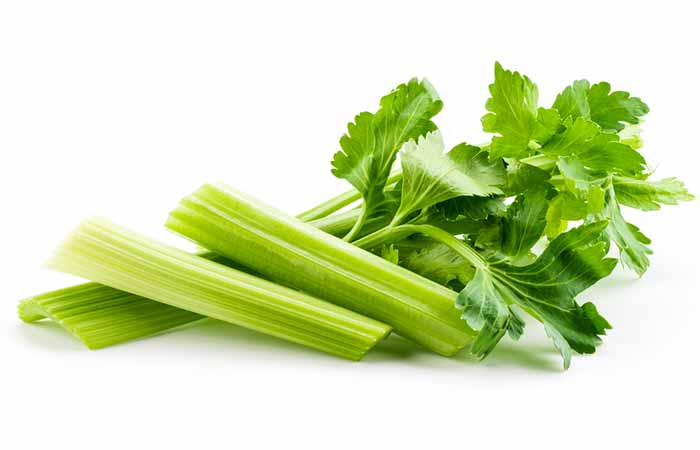


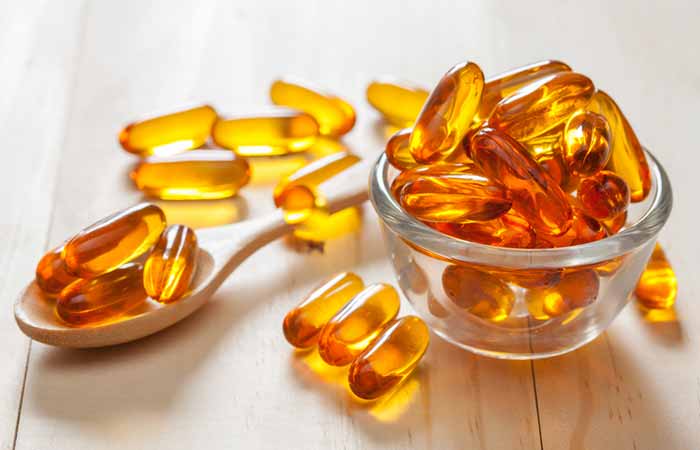
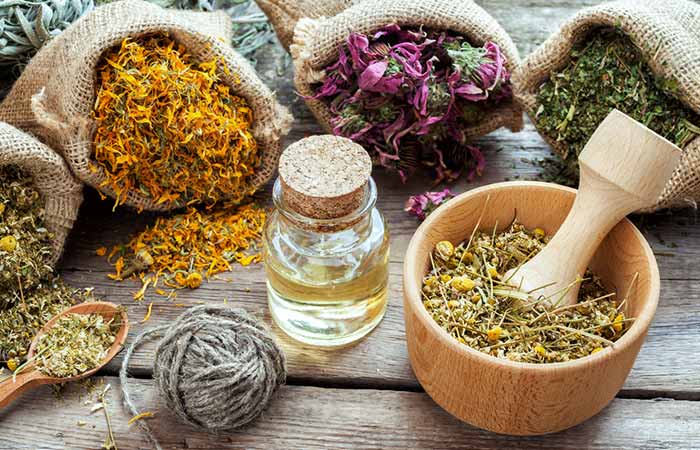
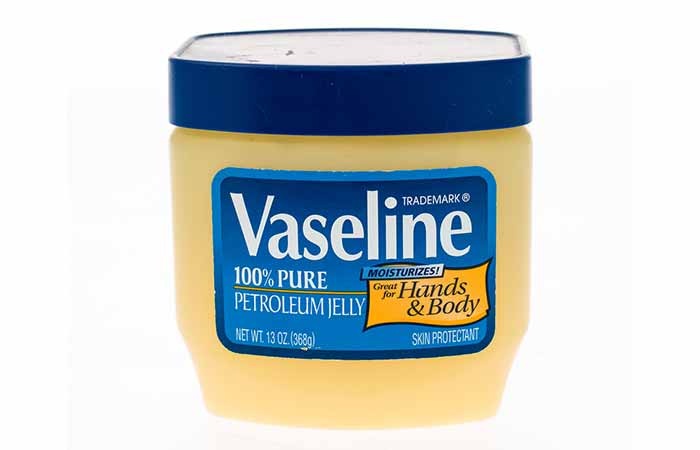
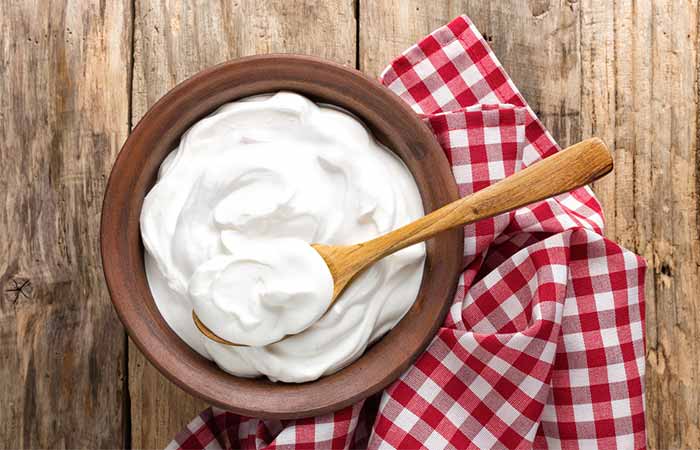
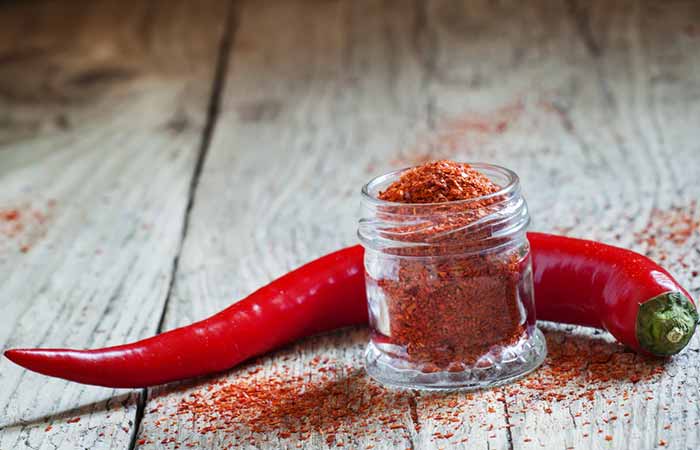
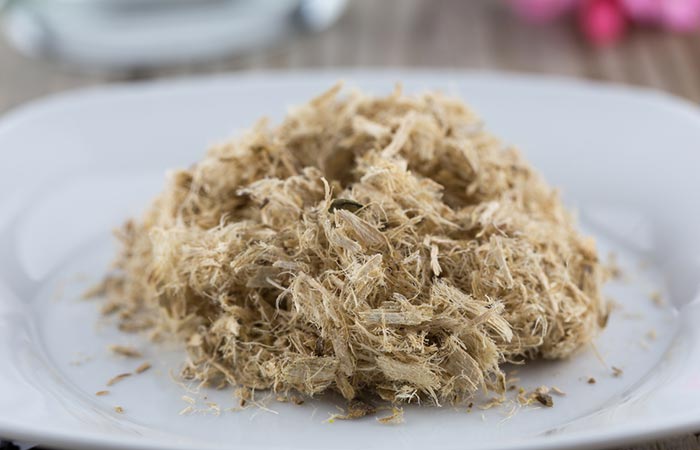
Comments
Post a Comment